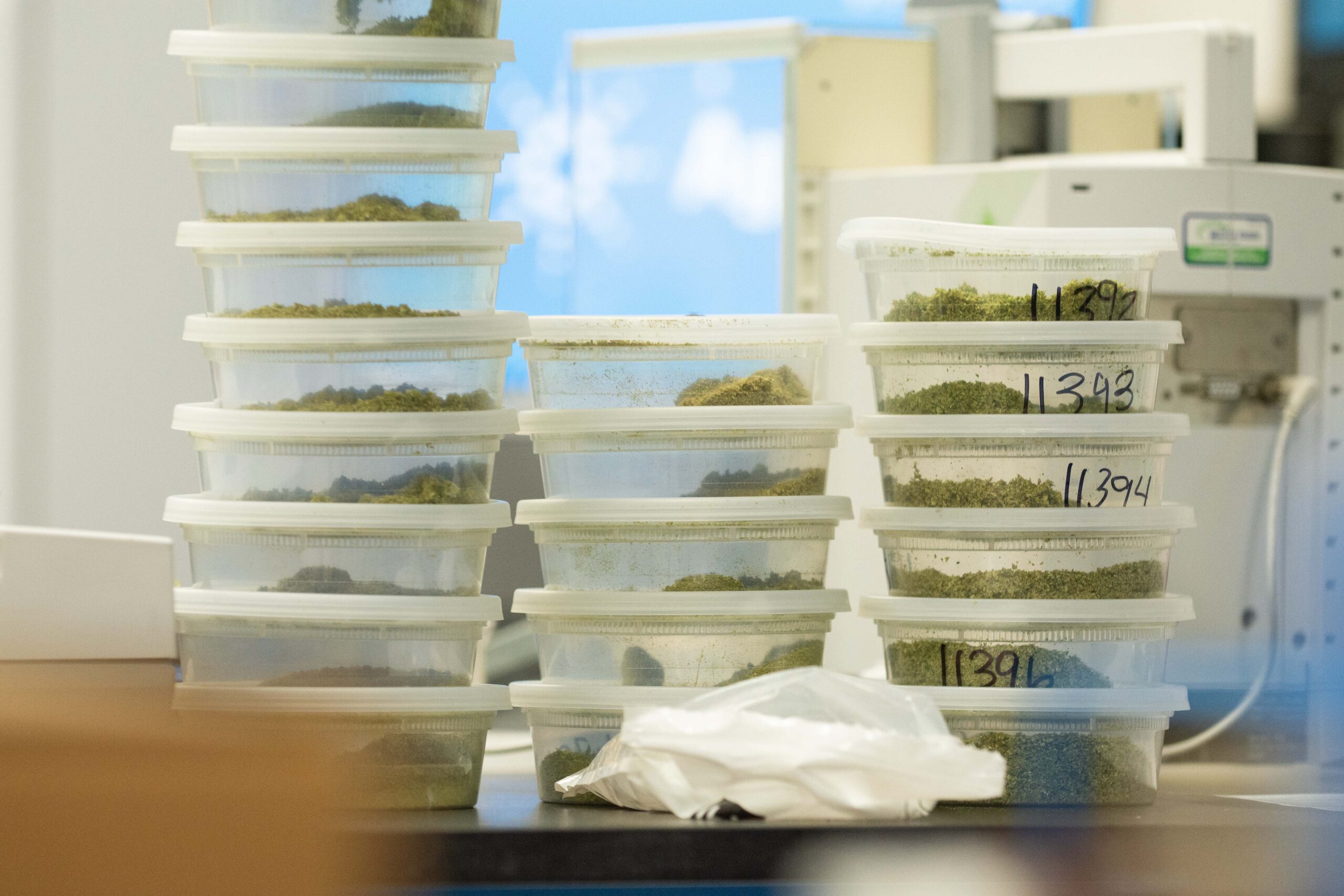Guest columnist Dave Marlon asks, “Seven years later, is legal marijuana really worth it?” (March 22, 2024). The answer is unequivocally yes.
A policy of legalization, regulation and education is preferable to a policy of criminalization, stigmatization and incarceration.
Let’s be clear. Legalization didn’t create nor normalize the marijuana market in Nevada. This market was already here. But under a policy of prohibition, this market existed underground absent any regulations. Marijuana producers and sellers didn’t pay taxes, they didn’t check IDs and they didn’t test the purity of their products. Disputes that arose in the illicit marketplace were not adjudicated in courts of law.
By contrast, under regulation, cannabis products in Nevada are now available from licensed manufacturers at retail stores. Cannabis is cultivated and products are manufactured, in accordance with good manufacturing practices. Products are lab tested and labeled accordingly — ensuring that consumers have access to products of verified purity and potency. Sales are taxed, with portions of this revenue being reinvested back into the community.
And most importantly, thousands of Nevadans are no longer being arrested for possession of a substance that is objectively safer than either tobacco or alcohol. By ending these arrests, we are not only improving the lives of those who consume cannabis, but also the lives of those who don’t. In fact, studies from early adoption legalization states — including Colorado, Oregon and Washington — document immediate improvements in police clearance rates for violent crimes following legalization.
Contrary to Marlon’s claims, cannabis use by teens has not risen in parallel with legalization. According to data provided by the Center for Disease Control and Prevention, the percentage of high schoolers who are current users of marijuana fell 30 percent between 2011 and 2021.
Compliance check data from California, Colorado, Nevada and other legal marijuana states show that licensed marijuana retailers do not sell products to underage patrons.
Further, legalization states have not experienced any spike in either psychosis or mental illnesses. According to findings published last year in the Journal of the American Medical Association, rates of psychosis-related health care claims are no higher in jurisdictions where cannabis is legal as compared to those where it is not. Research published last year from Stanford University similarly reported that residents of states where cannabis is legal exhibit no higher levels of psychosis than do those in non-legal states.
In reality, public support for legalization has never been higher. To date, 24 states have legalized the adult-use market. None of these states have ever repealed their legalization laws. That’s because these policies are working largely as voters and politicians intended and that they are preferable to cannabis criminalization.
After a century of failed policies and canna-bigotry, most Americans have made it clear that they are ready for a policy change. The establishment of a pragmatic regulatory framework that allows for the licensed commercial production and retail sale of marijuana to adults best reduces the risks associated with the plant’s use or abuse. By contrast, the criminalization and perpetuation of the unregulated, underground cannabis market only amplifies these risks.
Paul Armentano is the deputy director of NORML, the National Organization for the Reform of Marijuana Laws.
The Nevada Independent welcomes informed, cogent rebuttals to opinion pieces such as this. Send them to [email protected].

